Addition skills Extra Challenge Addition & Subtraction Worksheets for Ages 3-5
6 filtered results
-
From - To
"Addition Skills Extra Challenge Worksheets for Ages 3-5" offers engaging, printable activities designed to strengthen young learners' addition and subtraction abilities. These worksheets feature colorful visuals and fun challenges tailored for early math enthusiasts, encouraging them to develop a strong foundation in basic arithmetic. Intended for children aged 3 to 5, each worksheet not only promotes independent learning but also provides support for parents and teachers looking to reinforce essential math skills. With varying difficulty levels, these worksheets are perfect for enhancing problem-solving abilities and fostering a love for numbers. Download today and help your child excel in math!
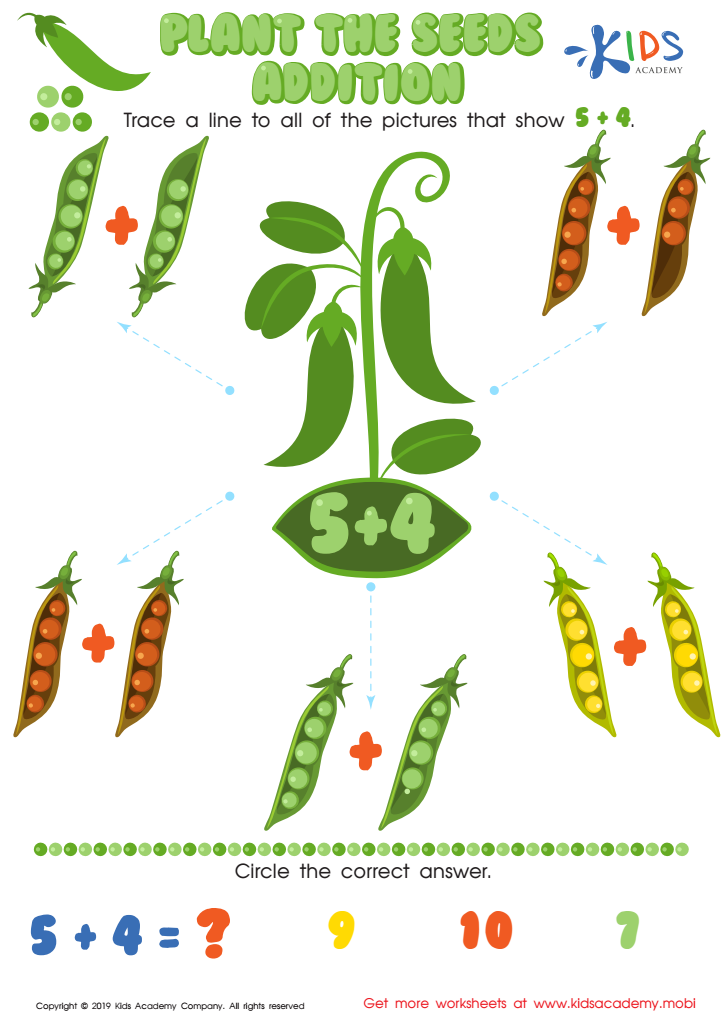

Plant the Seeds Addition Worksheet
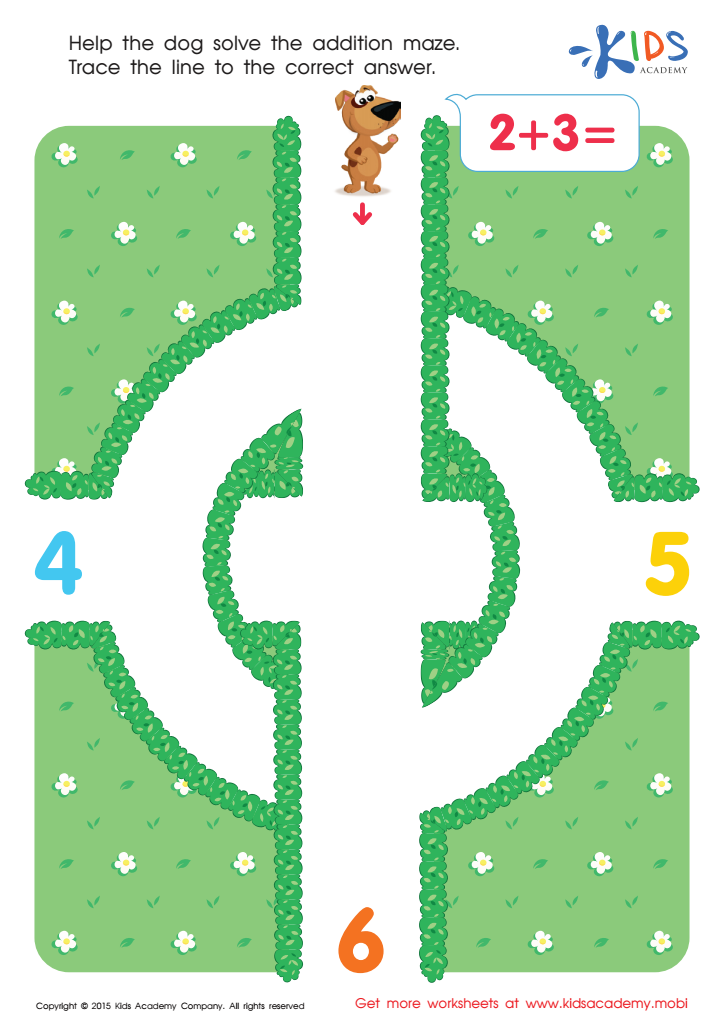

Two And Three Addition Worksheet
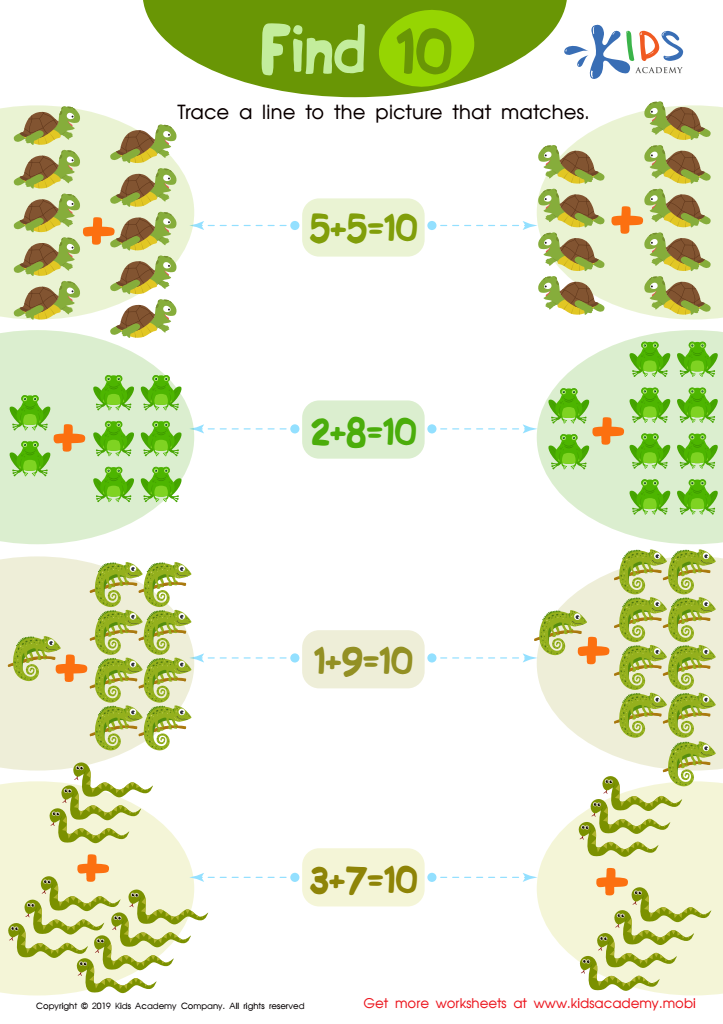

Find 10 Worksheet
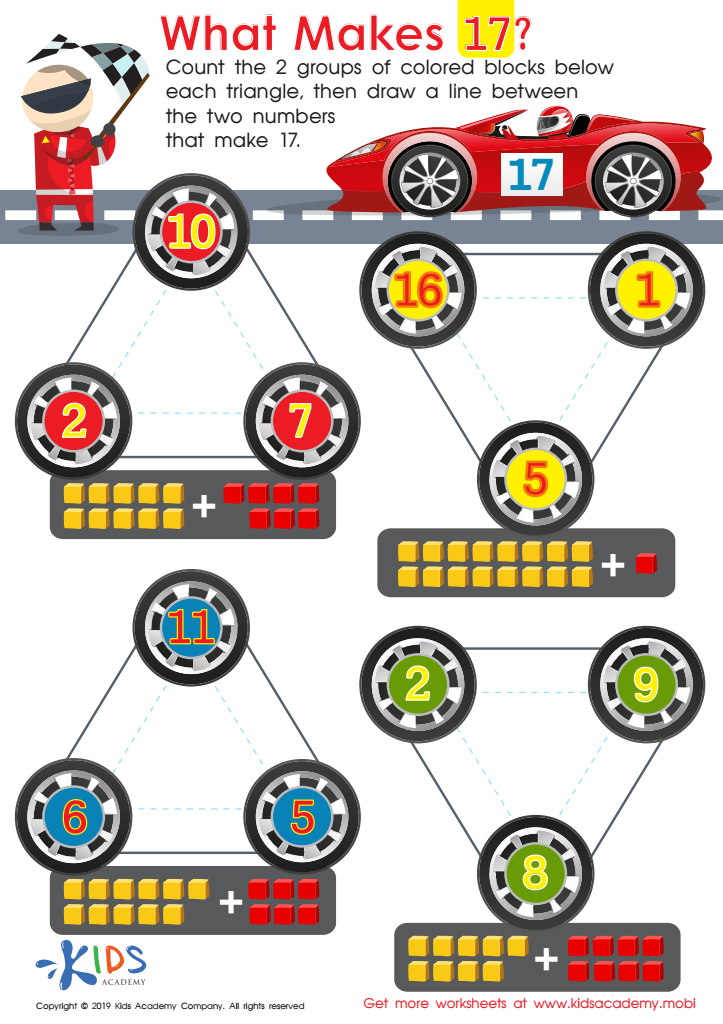

What Makes 17 Worksheet
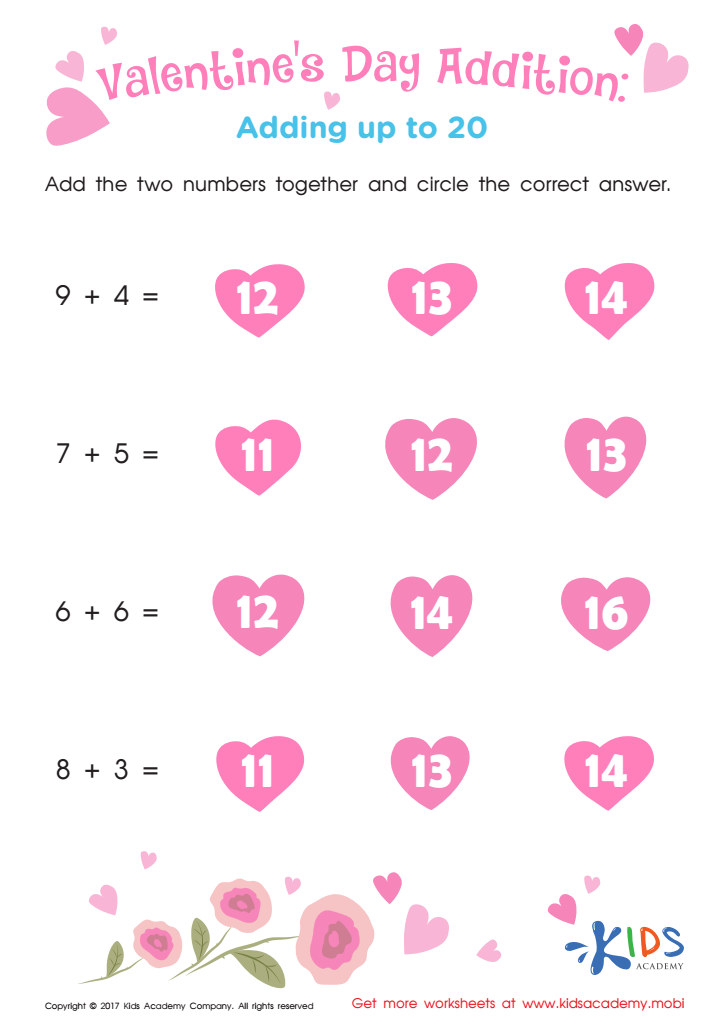

Valentine's Day Addition Worksheet
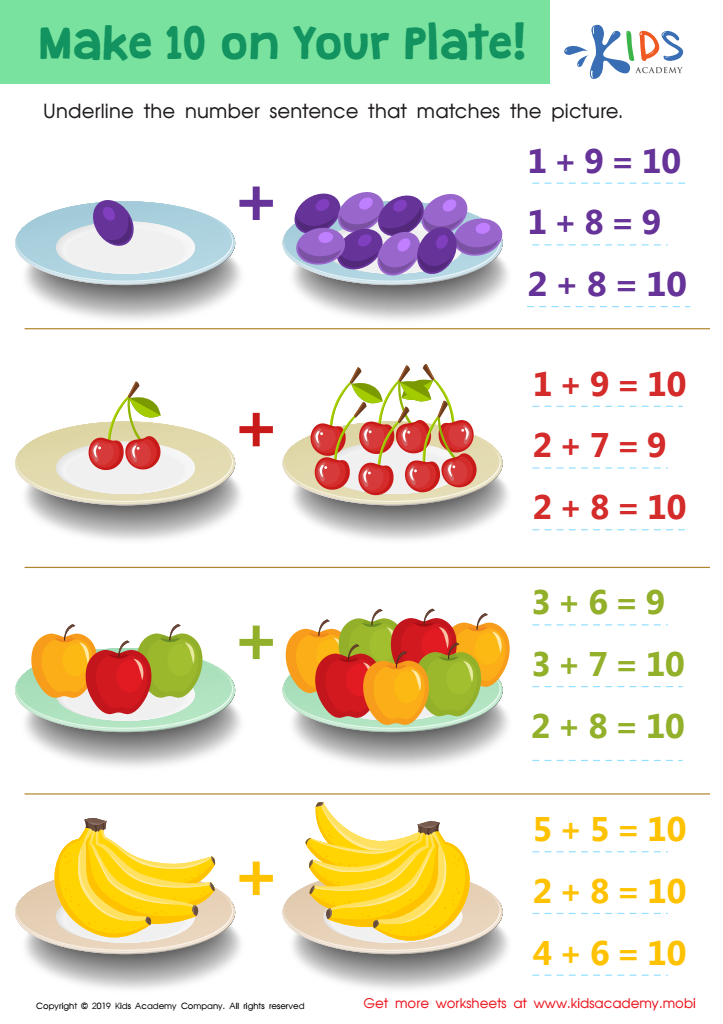

Make 10 on Your Plate! Worksheet
Parents and teachers should prioritize early addition and subtraction skills for children aged 3-5 because these foundational skills are crucial for overall mathematical development and cognitive growth. Mastering basic arithmetic not only lays the groundwork for more complex mathematical concepts in later years but also enhances critical thinking, problem-solving abilities, and spatial awareness.
Engaging young minds in extra challenges with addition and subtraction can stimulate their curiosity and build their confidence in tackling mathematics. These activities can be made fun and interactive, nurturing a positive attitude toward learning and helping to prevent math anxiety as children progress in their education.
Moreover, early proficiency in addition and subtraction can enrich children's everyday experiences. For example, during playtime or shopping trips, children can begin to see the practical applications of math in their lives.
Additionally, these skills support cognitive development in areas beyond math, such as language skills through discussing problems and solutions. By fostering an environment that values early arithmetic skills, parents and teachers can enhance not only academic performance but also lifelong skills that will benefit children in many areas as they grow. In summary, addition and subtraction skills are essential for cognitive, personal, and social development.
 Assign to My Students
Assign to My Students





















